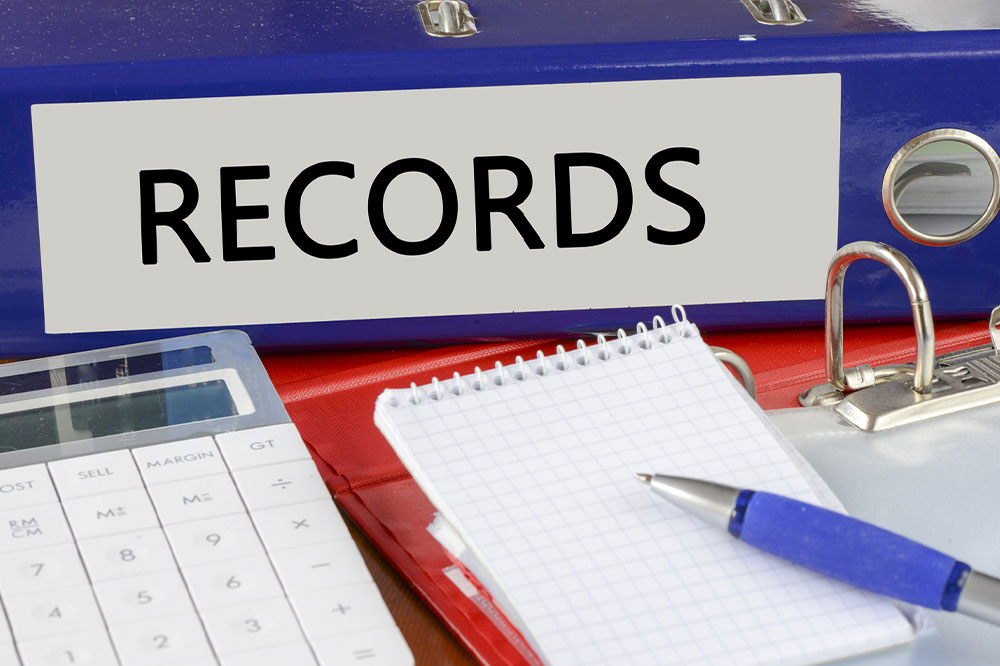Understanding Property Records: Essential FAQs
Learn about property records, their significance, online access options, and how they help resolve legal disputes. Discover when legal help is needed and what to do when records are missing. This guide simplifies key aspects of property documentation for owners, buyers, and legal professionals.

Understanding Property Records: FAQs
Property records are official documents that detail vital information about land parcels or real estate holdings. Typically, these records include the deed, which confirms ownership rights. The county recorder's office or records department manages these documents, ensuring all transfers or changes are properly documented. When property is bought, sold, or transferred via a will, these transactions are recorded to maintain an accurate ownership history.
Accessing property records is usually free, with many local governments providing online databases. The data available often includes the current owner's name, parcel number, and tax details. Several websites like Zillow, Realtor.com, and Trulia also offer free property information, including unlisted homes.
The importance of property records lies in their use for legal clarity. They help resolve ownership disputes, boundary issues, easements, liens, and inheritance matters. Proper documentation can prevent legal conflicts, especially if ownership or rights are challenged. When records are missing, courts may open quiet title lawsuits to establish rightful ownership using alternative documents like tax or estate records.
While hiring a lawyer isn't mandatory, legal expertise can simplify the process. An attorney can assist with research, dispute resolution, and ensuring proper documentation. They can also represent owners in court if necessary, making property transactions smoother and secure.









